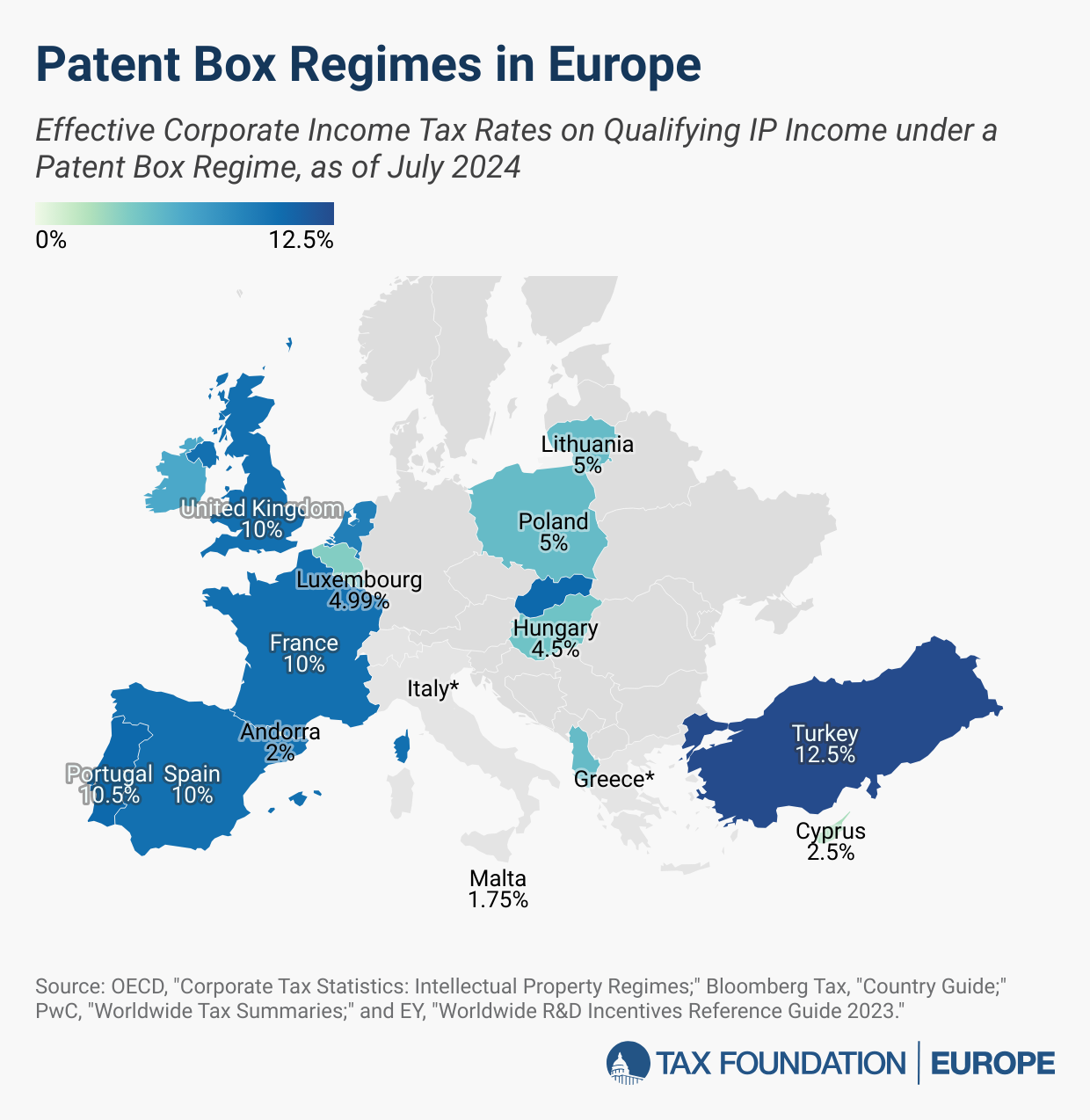Is Our Health FSA Subject to COBRA?
QUESTION: Next year, we plan to amend our company’s cafeteria plan to add a health FSA under which participants elect a coverage amount for the year and pay for it with pre-tax salary reductions. There will be no employer contributions, so participants’ health FSA salary reductions will equal the elected annual coverage amount. The health FSA will be offered to all employees who are eligible for coverage under our major medical, dental, and vision plans. We know that these other plans must offer continuation coverage under COBRA, but will our health FSA also be subject to COBRA?
ANSWER: Unless maintained by a church, the federal government, or a small employer (all employers maintaining the plan must have employed fewer than 20 employees on a typical business day during the preceding calendar year), health FSAs must offer COBRA coverage to all qualified beneficiaries who lose coverage due to a qualifying event and must provide all required COBRA notices. But health FSAs that meet the following three conditions are permitted to provide COBRA coverage on a more limited basis than other group health plans:
-
Maximum Benefit Condition. The maximum benefit payable under the health FSA during a year to any participant cannot exceed two times the participant’s salary reduction election under the health FSA for the year or, if greater, the salary reduction election plus $500. Your health FSA will satisfy this condition because the annual coverage amount equals the annual salary reduction election.
-
Availability Condition. Other group health coverage must be available to health FSA participants for the year due to their employment. The other group health coverage must be “major medical” or other coverage that is not limited to excepted benefits (e.g., limited-scope dental or vision coverage). Since all employees eligible for the health FSA will also be eligible for your company’s major medical plan (and assuming that the entry dates for both plans are the same), this condition will be satisfied by plan design.
-
COBRA Premium Condition. The maximum premium that may be charged for a year of COBRA coverage under the health FSA must equal or exceed the maximum benefit available under the health FSA for the year. Health FSAs funded entirely with participant contributions generally meet this condition because COBRA premiums must be calculated based on the cost to the plan of providing coverage, and the cost to the plan will generally equal the elected annual coverage amount because employees tend to incur claims nearly equal to their elected coverage amounts.
Most, if not all, health FSAs will qualify for the special limited COBRA obligation, and those that do may limit COBRA coverage in two ways: (1) the maximum COBRA coverage period may terminate at the end of the year in which the qualifying event occurs; and (2) the health FSA is not required to offer COBRA coverage to qualified beneficiaries whose accounts are “overspent” as of the date of the qualifying event. An individual’s account is overspent if the remaining annual limit (the difference between the annual election amount and the reimbursable claims submitted before the date of the qualifying event) is less than or equal to the COBRA premiums that would be required for the remainder of the year.
For more information, see EBIA’s COBRA manual at Section XI (“When and How Does COBRA Apply to Health FSAs and HRAs?”) and EBIA’s Cafeteria Plans manual at Section XXII.H (“Which Health FSAs Qualify for the ‘Special Limited COBRA Obligation’ and What Does That Mean?”).
Contributing Editors: EBIA Staff.






